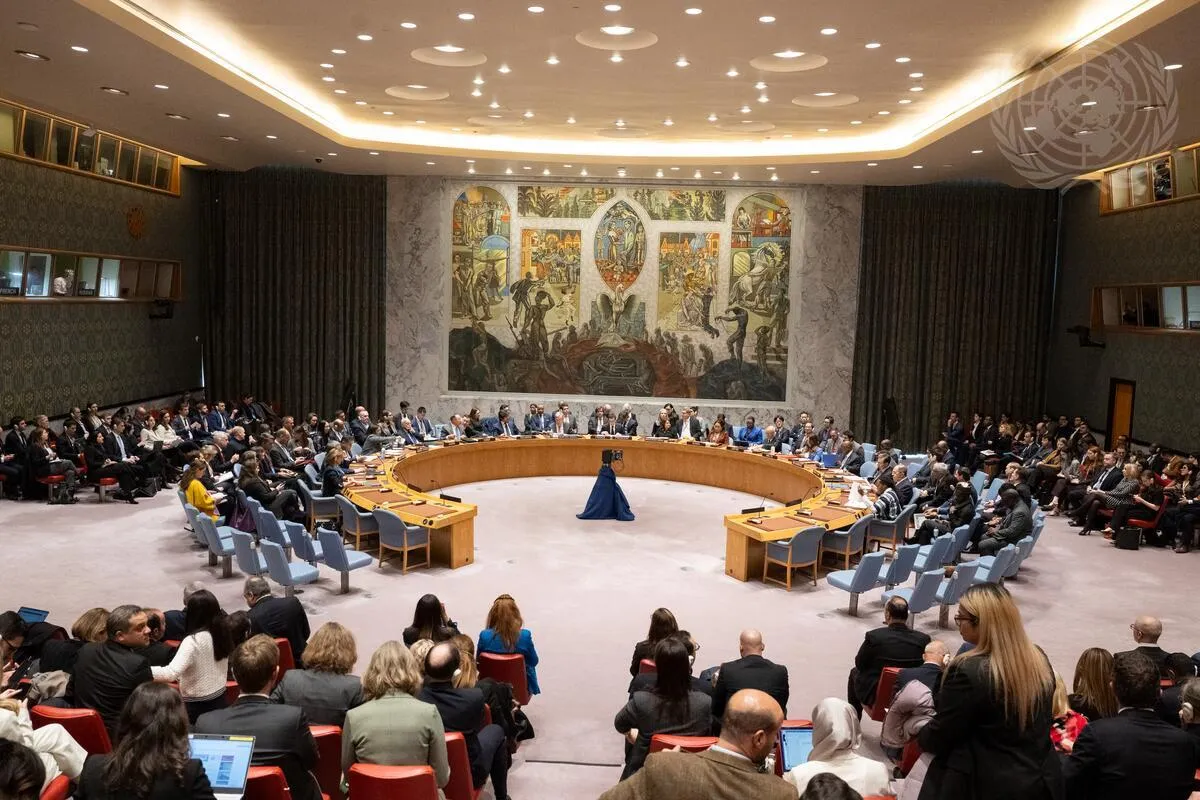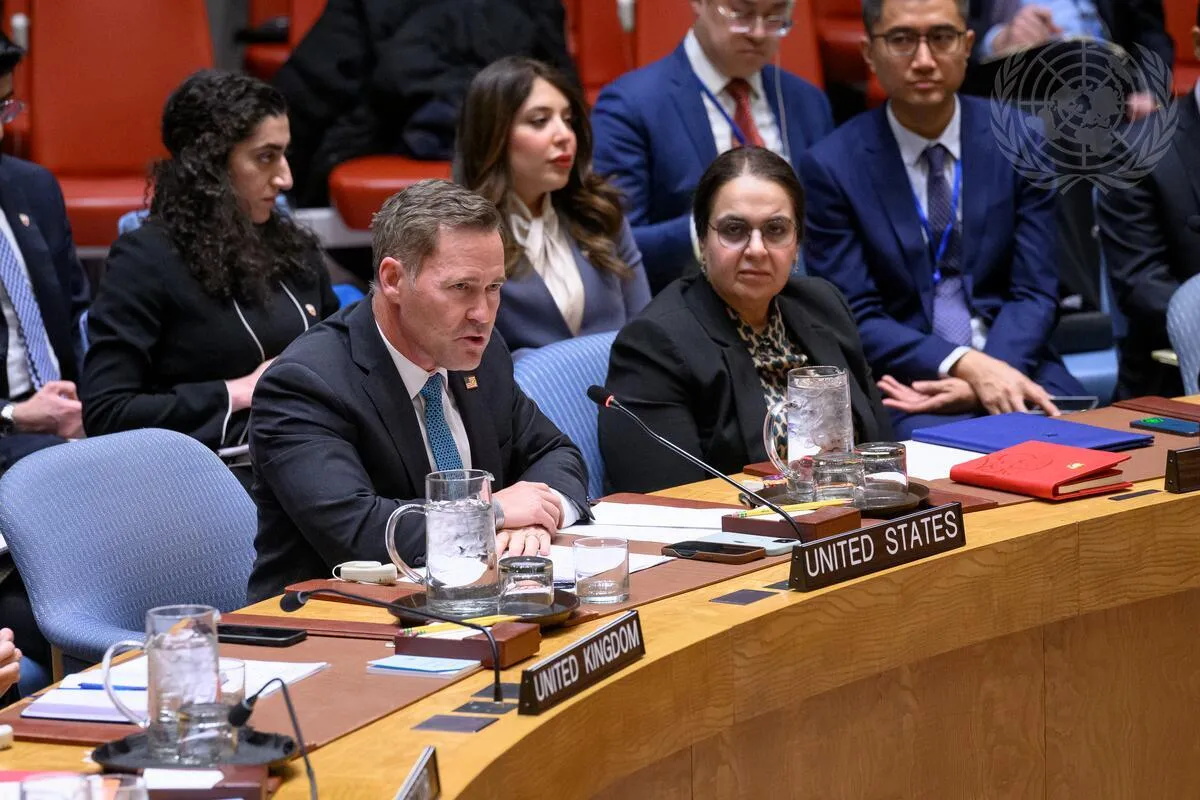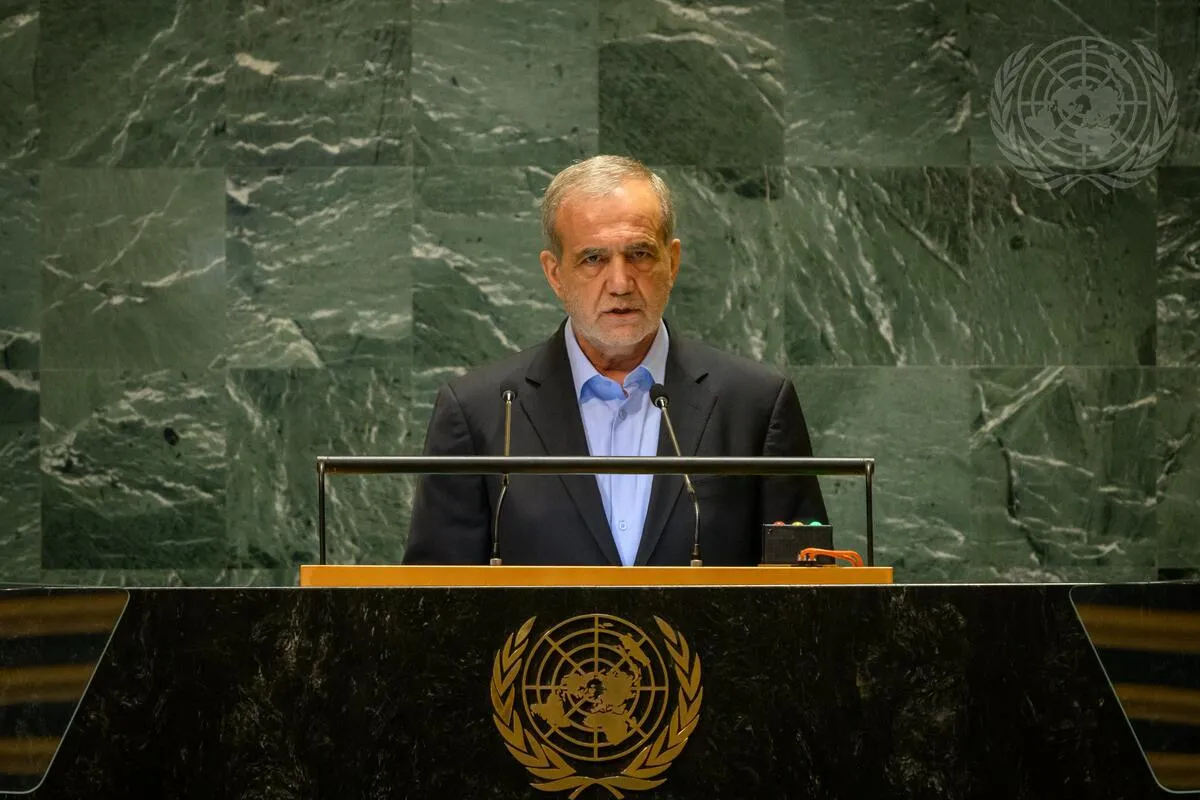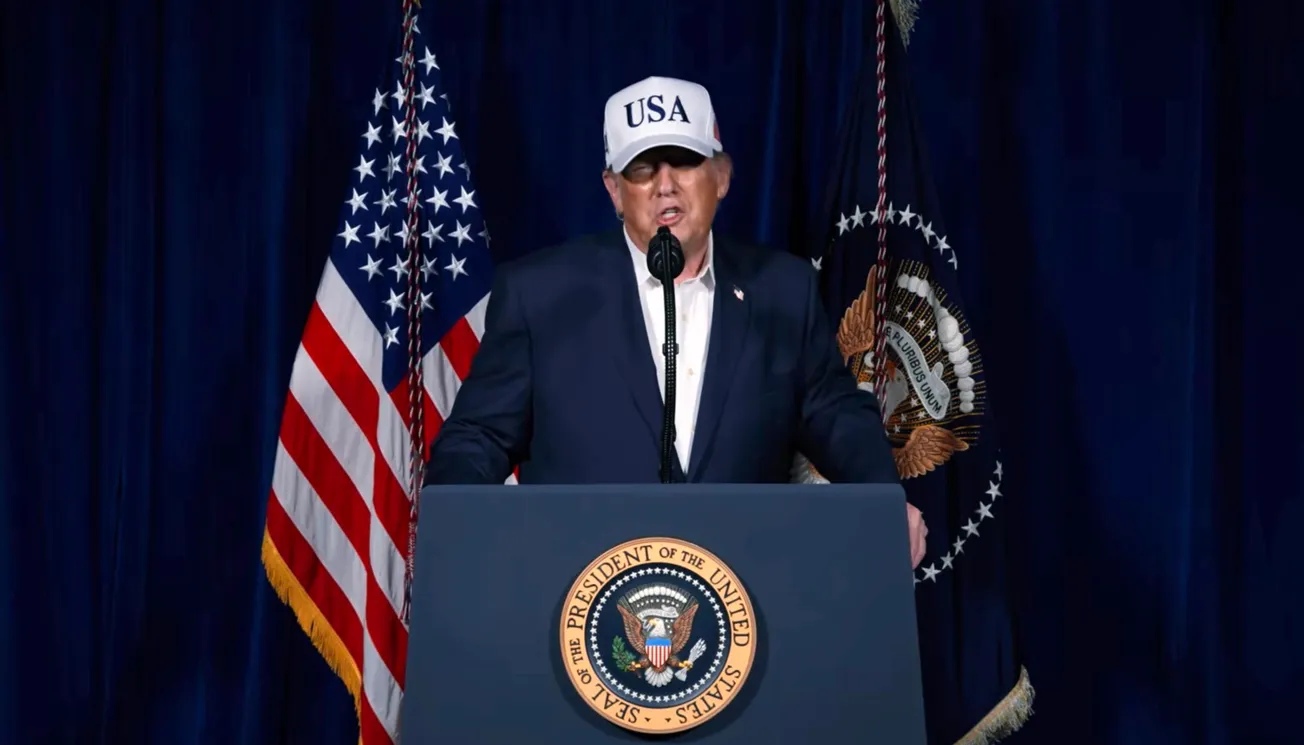The government of Algeria announced over the weekend that it has requested that the UN Security Council be urgently convened this coming Wednesday, Jan. 31, to give “binding effect” to the historic Jan. 26 decision of the International Court of Justice (ICJ) on the matter of South Africa’s charges of Israeli genocide against Palestinians in Gaza. UN Security Council resolutions—if they can get past U.S. and British vetoes—are in fact internationally legally enforceable. ICJ decisions are legally binding on the parties, but the Court has no enforcement mechanism of its own.
The perpetrators and accomplices of the ongoing Gaza genocide are now loudly whistling past the graveyard, trying to convince the world of the lie that the ICJ somehow gave Israel a green light. The Wall Street Journal called the World Court’s decision “a rare win for Israel”; the Jerusalem Post said it was “a big win for Israel”; and the State Department announced that “the ICJ did not make a finding about genocide or call for a ceasefire in its ruling,” and that “we continue to believe that allegations of genocide are unfounded.”
But the reality is that, with South Africa’s presentation of its airtight legal case against Israeli genocide in Gaza, along with the ICJ’s finding that there are sufficient grounds to fully investigate that charge of genocide, the veil has finally been lifted for all to see. For that, the world owes a debt of gratitude to the Republic of South Africa, and perhaps to Nelson Mandela personally, whose life continues to give meaning and strength to millions who have come after him. The role of the BRICS nations, of which South Africa is one of the original members, in supporting and strengthening South Africa’s resolve, should also be noted.
But ours is not to comment on the ins and outs of the ICJ’s ruling, but rather to escalate the fight to actually stop the genocide. Schiller Institute founder Helga Zepp-LaRouche addressed the broader implications of the ICJ ruling in her remarks to the 34th weekly meeting of the International Peace Coalition (IPC) on Jan. 26, which led to a discussion of the next steps to be taken.
Participants expressed their gratitude for the ruling of the International Court of Justice, which was quite remarkable, and took note of the fact that this is an enormous step forward. No matter what Israel is now intending to do, they have to take into account what was stated by the Court, because they have international friends that also have to live with the consequences of it. The big question is what the effect will be on the United States and Germany, for example, that had argued that the South African case was “meritless.”
The wording of the Court’s ruling was in fact very strong, even if it did not call for an immediate total ceasefire. Furthermore, the final document repeated large parts of South Africa’s charges, and therefore it is necessary to get the exact text of what was read out in The Hague by the presiding judge Joan E. Donoghue of the United States, and get that out to all social media, all city councils, churches, mosques and synagogues, with the demand that they should pass resolutions that there must be an immediate ceasefire, acting on the basis of the ICJ ruling. This is all the more urgent because the mainstream media will have a tendency to play it down, and try to get it out of the news cycle as quickly as possible.
The participants in the IPC meetings, and all others who want to end the carnage, should make a commitment to get the word out about the ICJ ruling as widely as possible. This will send a message of support to the South African government, and it will keep a maximized sense of mobilization internationally.
Israel has one month before they have to report back to the ICJ on what they have done to ensure no genocide occurs. Every single day, every single hour and minute, people are still dying in Gaza. Maximizing our efforts, especially now, is more important than ever before.






